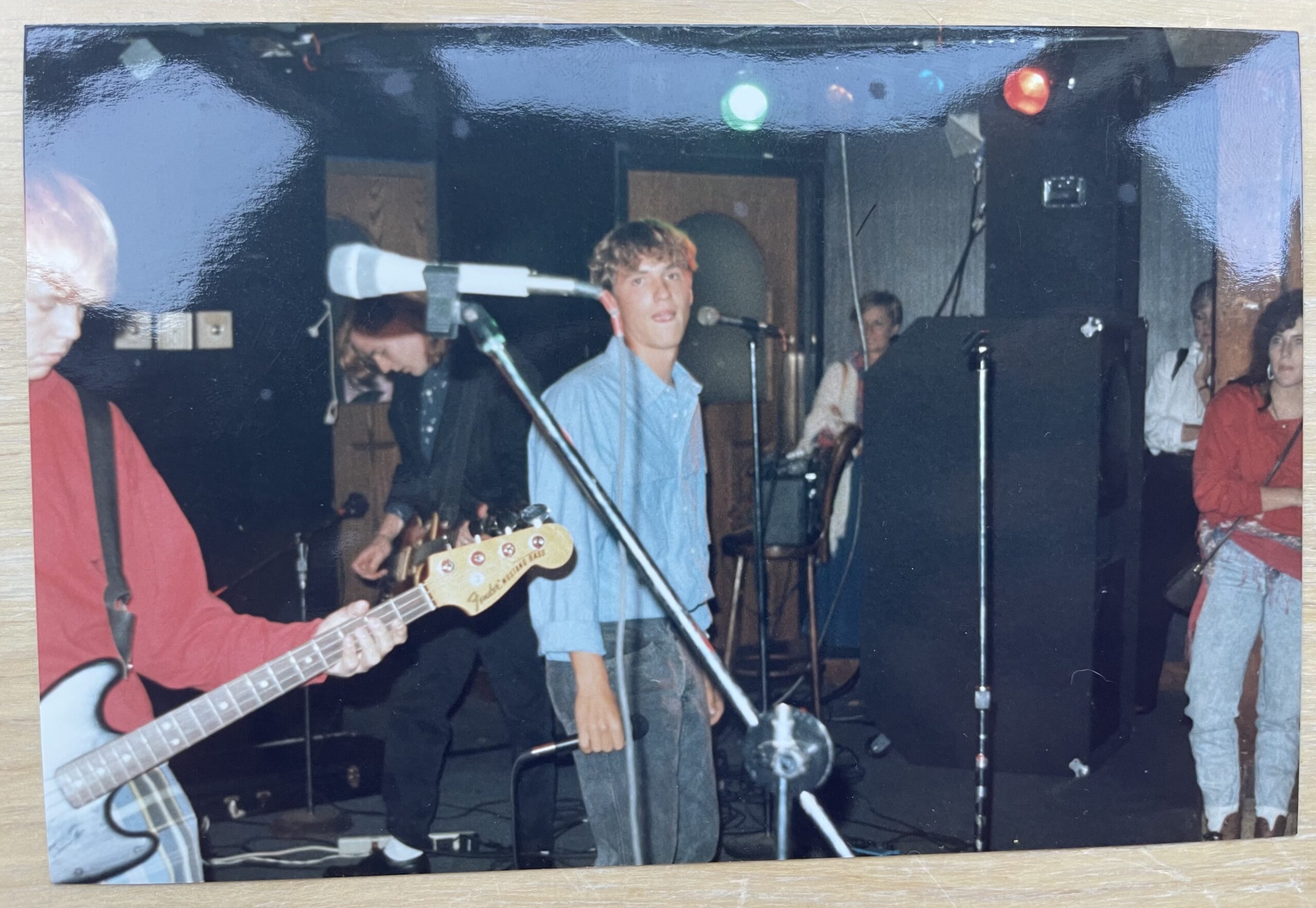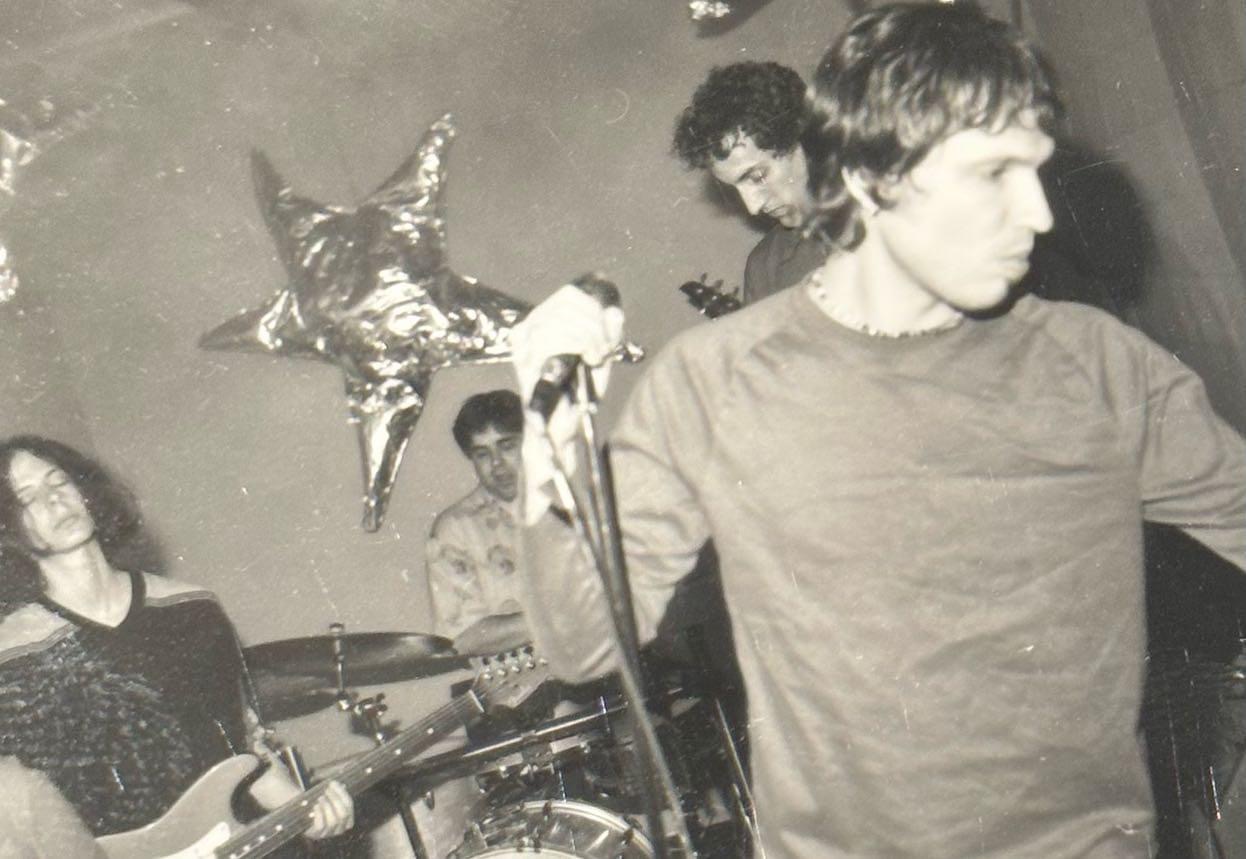
The Unseen Wounds of Divorce and Heartbreak
If you had told me when I was a child that I would have a twenty-three-year-long marriage that would end in tremendous pain and anguish, I might have given up the ghost on the spot. I was always a sensitive kid. I’ve always been a sensitive person. I love my people, and I am loyal to the core. It’s been really difficult for me to come to terms with the finality and the rejection. The pain was so deep and so intertwined with my psychological makeup that it wasn’t releasing. I had so much coming to reality to do that music wasn’t cutting it. Or so I thought. Until about a month ago, I felt like I would never get over any of it. I had concluded that I would always be heartbroken and that I would just have to do the best I could with that feeling living inside of me forever.But the more and more I played, the more and more I sang, the more and more I have been able to come to grips with reality. There is beauty in heartache. There is comfort in it. Heartache is the realization that what you had was worth something. It was a magnificent thing that was just not meant to last forever. Embracing the end of a relationship and the pain of lost love, as Patsy Cline sings in “I Fall to Pieces,” can be a difficult but necessary step in moving forward with a healthy mindset. And in 2021, the year of the breakup album, artists like Olivia Rodrigo, Adele, and Kacey Musgraves have shown us the power of music, including Carole King’s “It’s Too Late,” Whitney Houston’s “I Will Always Love You,” and Ariana Grande’s “thank u, next,” as well as Taylor Swift’s iconic breakup songs and Gotye’s “Somebody That I Used To Know,” in helping us navigate heartbreak and the unseen wounds of divorce. In that magnificence is romance. Stupid, silly, blue-pilled romance. Music is romance. Music is hoping that reality isn’t really the way it is. Or it can be. I started to emote more. I started to live in the moment of hurt. I started to say things in my songs that I couldn’t say in life. I started to admit my feelings. I was taking responsibility for the things I had done wrong and being pissed about the things that were done wrong to me. I stopped filtering myself. I just started living into the depth of my experience. Things were coming out that I never knew were in there. Textures and rhythms, tones and notes kept ripping through the veil to the manifest world. I was healing myself. I am healing myself. I still have a long way to go, but I’m getting there, and I have a tool. I think playing music, playing one’s own music, is one of the most powerful modalities of healing there is. The bottom line is that writing and playing music is a powerful healing modality. Coupled with a strong focus of intent, it may be the single best way to move through difficult emotional times.
The journey is long and the path is challenging, but with intention, discipline, and a willingness to face reality, we can emerge stronger, wiser, and more whole. However, it is important to acknowledge that the experience of heartbreak and divorce can also lead to feelings of hopelessness.
Navigating the Emotional Aftermath of a “Nasty Divorce”
When a marriage ends badly, often known as a “nasty divorce,” it can be very hard on people emotionally. The fighting and anger can leave deep emotional wounds. It’s like being in a battle with both visible and hidden hurts that need careful attention to heal. Talking to a trained professional who knows about divorce and relationship dynamics can help a lot. A good therapist gives you a safe and private place to deal with your feelings. You can explore what went wrong, understand your pain, and learn ways to cope with the sadness and anger. They provide useful tools to help you get through tough emotions and find peace. Keep in mind that healing from a “nasty divorce” takes time. Be kind to yourself as you cope with the loss. It’s okay to feel sad and to ask for help. With time and support, you can come out of this hard time even stronger. For example, I joined a program specifically tailored for men going through similar situations, which provided me with the support and guidance I needed to navigate this challenging journey.
The Role of Therapy in Healing Emotional Scars
Emotional wounds from heartbreak, like physical ones, require care. Therapy offers a safe space to address emotional pain, challenge negative thoughts, and develop healthy coping strategies. It allows individuals to confront their emotional scars directly, facilitating a clearer path to healing guided by trained professionals. By taking care of our mental health through therapy, we can grow personally, enhance relationships, and embrace a brighter future.
Discovering the Healing Power of Music
Music is more than just entertainment. It has a healing power that people have known about for a long time. From old healing ceremonies to today’s therapy, music can calm our minds, soothe our souls, and even help with physical pain. It’s a universal language that connects with our deepest feelings, no matter where we come from.
For our mental health, music is very effective. Whether we listen, play, or create music, we can access many benefits. It helps to reduce stress and anxiety and can lessen feelings of depression. Music also helps us express our emotions and can improve our sleep. Adding music to our daily lives gives us a chance to use this amazing resource and enjoy its healing effects.
The Therapeutic Process of Songwriting and Playing
For many, songwriting and making music isn’t just fun—it’s healing. It’s a unique way to express deeply held emotions that words alone can’t convey effectively. Music creation helps release emotions, reduce stress, enhance focus, and provide a sense of accomplishment. Like journaling or painting, music lets us articulate our innermost thoughts, fostering emotional understanding and transformation.
https://www.youtube.com/watch?v=aUneZhfXVGM&t=33s
The Deep Connection Between Music and Emotions
Music has a special way of bringing out a mix of feelings. It can touch our hearts and take us back to important moments in our lives. We’ve all felt joy when we hear a favorite childhood song or how a specific tune can make us cry, letting memories and feelings of nostalgia flow back. For me, it was the rock and roll songs my brother’s group sang in Brooklyn that still bring back bittersweet emotions after his passing last year.
This deep link between music and our emotions shows how it helps us deal with life’s ups and downs. Music reflects our feelings and shows us the wide range of what people feel: happiness, sadness, love, loss, anger, and hope. It confirms our emotions and reminds us that we are not alone in what we go through.
How Music Reflects Our Deepest Feelings
Think about the music you like during different feelings. Happy beats and bright tunes often come with joy and celebrations. On the other hand, sad tunes and dark melodies link to our feelings of sadness, reflection, or grief. This shows how music can share our deepest feelings. It can express what we might find hard to say.
Music can also create empathy and understanding among people. When we hear a song that matches our feelings, it feels like the artist knows us. They capture our emotions perfectly. This feeling creates a bond and reminds us that others understand our emotions too.
Through this shared experience, music breaks down barriers that can divide us, like cultures and languages. It brings people together with the common language of feelings.
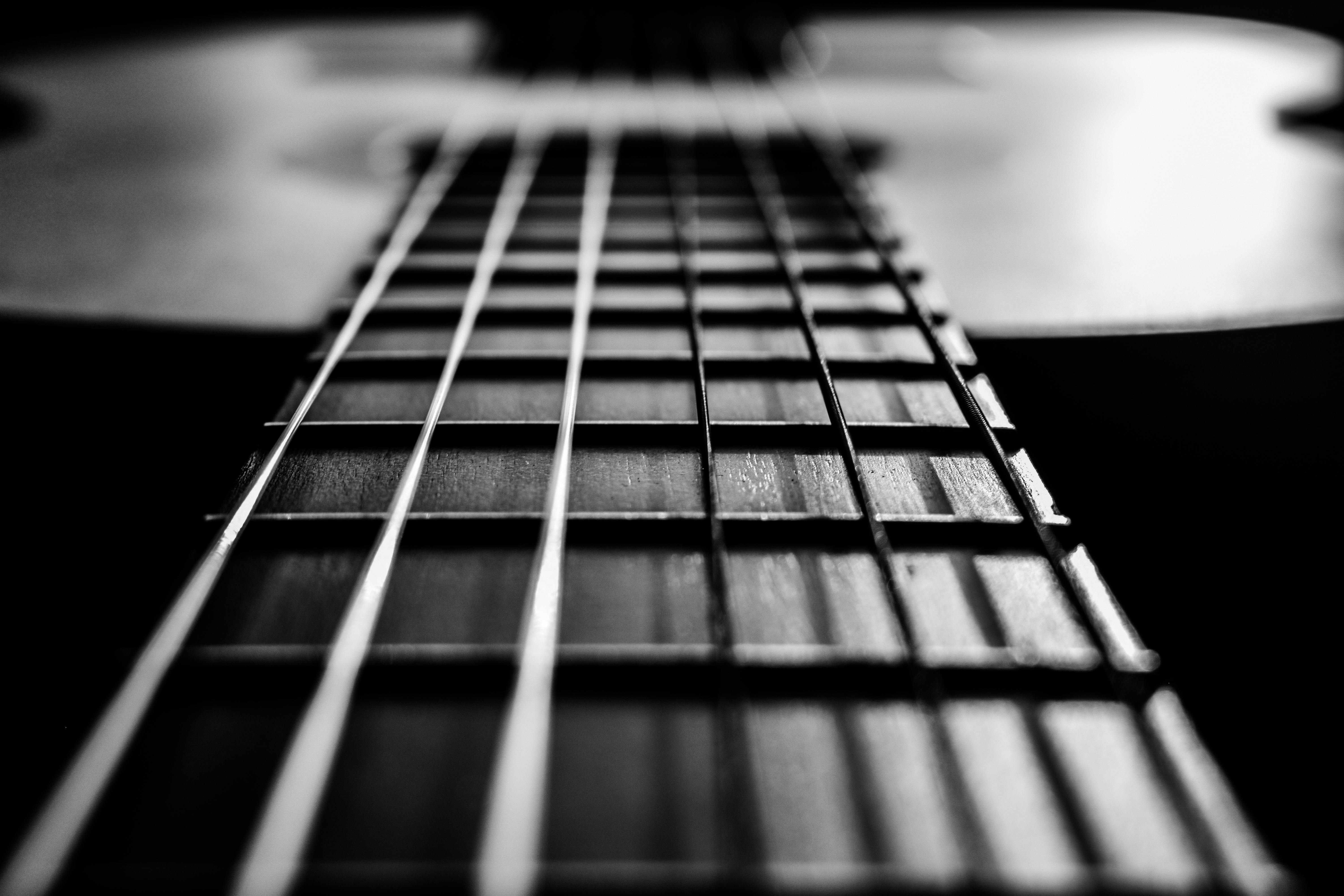
The Catharsis of Expressing Pain Through Music
Heartbreak can leave people feeling deep pain and strong emotions that are hard to deal with. Music, particularly power ballads like Miley’s “Wrecking Ball”, helps by giving us a way to express our pain safely and healthily. Whether we sing loud to powerful ballads or feel comfort from a sad piano tune, music lets us let out our feelings and experience the catharsis of “wrecking” our emotions through song. You can also find comfort and support from others who are going through similar experiences by connecting with them on Twitter.
This release helps us heal. When we let ourselves feel and show our pain, we make room for acceptance and growth, helping us to move forward. If we keep our emotions bottled up, they can feel worse. But music gives us a healthy way to recognize and work through them.
https://www.youtube.com/watch?v=TJ4SGqQCOXw
The Journey of Healing Through Music
Embracing music during heartbreak isn’t just about listening to sad songs. It’s about using music, such as pop music on platforms like Spotify, to help us heal and deal with our feelings. Music acts like a good friend on this journey, providing solace and understanding. It gives us comfort and lets us know we are not alone in our love life struggles. In fact, research has shown that listening to sad music can evoke feelings of empathy, compassion, and a desire for positive connection with others, making it a powerful tool for psychological healing. In the end, it helps us take control of our story again and mend our broken hearts, allowing us to move on from our ex, like Shawn Mendes sings in “Mercy,” and find happiness within ourselves. And for those moments when we need a little extra support, we can turn to our carefully curated breakup playlist, filled with pop songs that speak to our splintered hearts and help us heal. So go ahead, hit play, and let the music guide you on your journey of healing through vice.
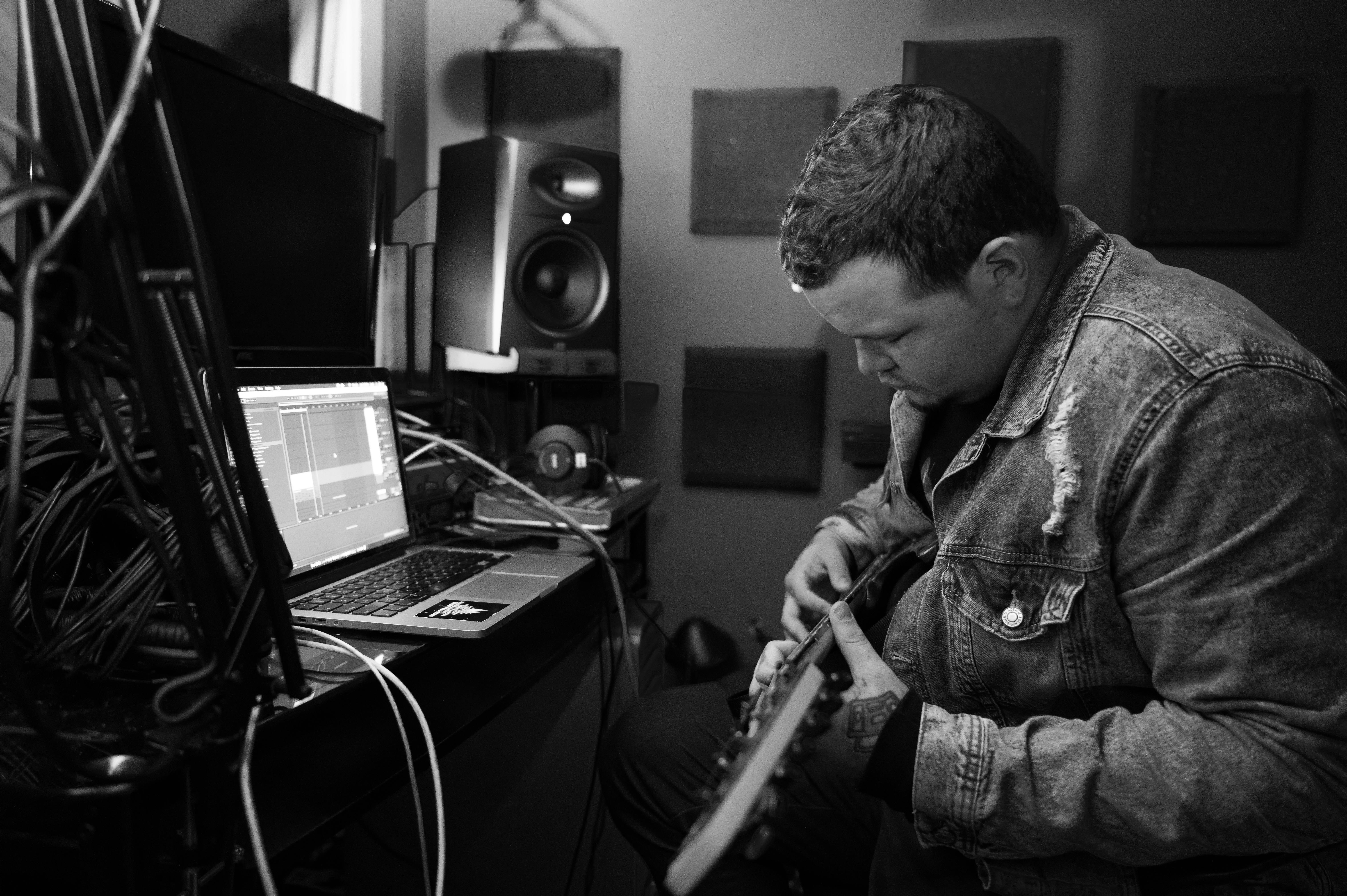
Breaking Through the Pain with Personal Melodies
Often, the best music for healing comes from tough times in our lives. Personal melodies created during heartbreak can help us face and deal with our pain. Making music, whether through writing songs or playing an instrument, can feel very freeing. These personal melodies serve as a kind of musical diary. They show the different feelings we go through when we are heartbroken, like sadness, anger, and confusion. But they also reflect the strength we find as we heal. By turning our pain into something beautiful, we take back our story and change heartbreak into a chance for growth. When we listen to these personal melodies over time, we can better understand our emotional journey. We see just how powerful music can be in helping us heal and grow.

The Dual Faces of Music in the Process of Healing
Music has many forms and plays two main roles in healing. It can be both a source of calm and a way to escape from real life. Understanding these roles is very important. We want music to help us grow instead of stopping us from facing tough feelings.
Music can definitely give us comfort, but we need to balance it. We should use music to deal with our emotions, not to ignore hard feelings. The secret is to engage with it mindfully. We should use music’s healing power to help us recover, not hold us back.
Music as a Balm for the Soul
Following heartbreak, the world can feel very dark. In these times of letting our guard down, music becomes a relaxing comfort for our hearts. Whether it’s by listening to our favorite songs or finding new artists who really understand our feelings, music provides deep relief and support.
Some tunes and lyrics have a strong power to soothe our hurt hearts. They help us realize we are not alone in our sadness. Music creates a safe place where we can share all our feelings without fear.
In tough moments when it’s hard to find the right words, music speaks for us. It recognizes our pain, makes us feel understood, and reminds us that we are all human together.
https://www.youtube.com/watch?v=CQI9V1hDNiU
When Music Serves as a Refuge from Reality
Music can certainly comfort us and make us feel better. However, it can also turn into a way to escape from our tough feelings of heartbreak. When we dive into music, we get a break from the pain. It can help us find peace in a world filled with lyrics and melodies, especially during the euphoric chorus that serves as a refuge from reality.
There is a thin line between using music to help our feelings and using it to avoid them. While it is normal to take breaks from pain, we need to make sure that these breaks don’t stop us from facing our emotions.
The important part is knowing when music goes from being comforting to being a way to hide. If we keep relying on music to escape from our heartache, it may be a good time to think about how we use music. We might need to look for other ways to cope with our feelings.
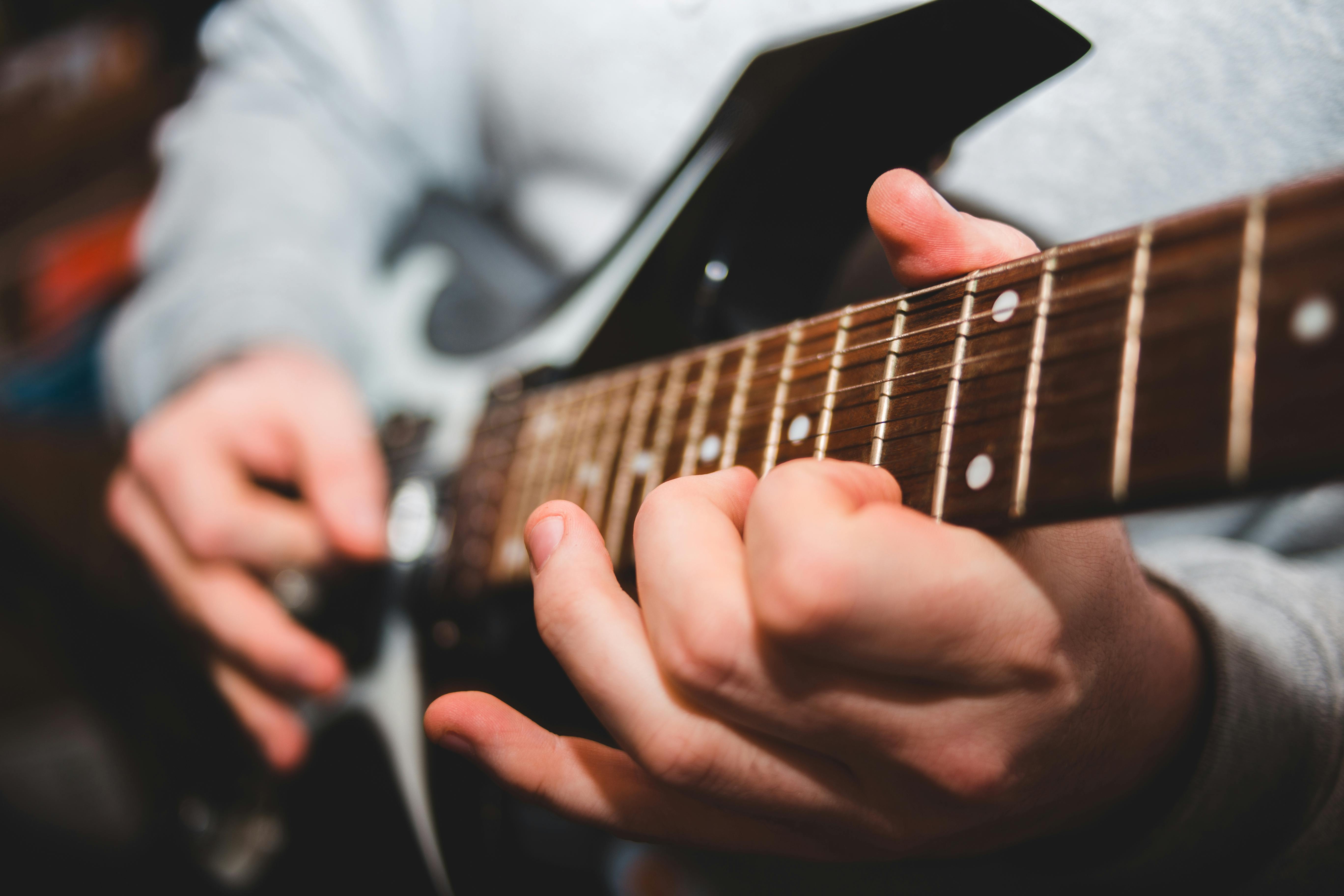
Music and Heartbreak
Music and heartbreak go hand in hand, evoking powerful emotions. From lost love to betrayal, countless songs capture the pain of a broken heart. Musicians draw from personal experiences to create raw, emotional music that resonates with listeners. Music transcends barriers, offering solace and a sense of connection during tough times. Melancholic melodies and poignant lyrics touch our souls, reminding us we’re not alone in our pain. Whether it’s a ballad or rock anthem, music heals heartbreak wounds, providing empathy and understanding beyond words. In fact, listening to powerful music releases dopamine and oxytocin, two chemicals in our brains that allow us to experience a sense of togetherness and enjoyment. As clinical psychologist Dr. Dathan Paterno explains, “Dopamine is the energetic neurotransmitter; a rush of dopamine is like a high.” So, it’s no wonder why we are so obsessed with songs about heartbreak – they tap into our brain’s natural reward system, providing a sense of relief and comfort.
Shifting the Focus: From Grieving to Healing
Heartbreak requires us to take time to grieve. This helps us process our loss and feel our emotions. Grieving is important for healing, but we also need to make a choice to move on. It’s vital to focus on healing instead of staying stuck in heartbreak.
Music can help us during this change. By picking songs and artists that make us feel strong, positive, and hopeful, we can change our emotional state. This can lead us toward healing and personal growth.
The Importance of Intent in Overcoming Heartbreak
Overcoming heartbreak requires more than just time. It involves making a choice and having a clear plan to heal emotionally. Just as physical wounds need care, emotional pain requires attention and effort.
Music is a powerful tool in this healing process. By curating playlists that inspire strength, self-love, and hope, we can transform our emotional state. Choosing music that empowers us and reminds us of our worth can significantly impact our healing journey.
Letting Go of Toxic Patterns Through Musical Expression
Heartbreak reveals negative patterns in ourselves and relationships, often deeply ingrained. Music, like Bob Dylan’s songs, can help us confront and release these patterns, particularly in United States relationships. By expressing these emotions through music, we start to break free from their influence, paving the way for personal growth and emotional liberation.
https://taylor-sound.com/taylor-sound-blog/rehearsal-space-hack-get-rehearsing-quicker/
The Discipline Behind Healing with Music
Healing with music might seem strange at first. However, it needs some discipline. It’s not enough to just press play and enjoy the music. We must actively engage with it and decide to use music to help our feelings.
This discipline means we should carefully choose the music we listen to. We need to set aside time for focused listening or making music. We should also avoid using music just to escape our problems. When we approach music with purpose, we can truly take advantage of its ability to change us for the better.
https://www.youtube.com/watch?v=aUneZhfXVGM
The Commitment to Engage with Music Daily
Adding music to our daily lives, like exercise or healthy eating, takes a conscious effort to improve our well-being. It’s important to make time for music, even when we are busy. This shows us how music can make our lives better and help our emotional health. Start by looking for chances to include music in your day. You might play cheerful songs on your way to work, listen to relaxing music during lunch, or enjoy calming sounds before you sleep. The goal is to see what works best for you and add it to your daily routine. Remember, doing it regularly is important. Just like exercising for a few minutes each day can boost our physical health, listening to music—even for just a short time each day—can help our emotional health. By making music a part of our daily lives, we create a path for healing, growth, and true happiness.
Conclusion
Music plays a big role in healing from heartbreak. It offers comfort and helps to recover emotionally. When we write songs, play instruments, or just listen to music, it helps process our pain. Music gives a safe space to share deep feelings. It assists us in accepting what happened and moving towards healing. By engaging with music every day, we face our pain and let go of harmful patterns. This can help people get through heartbreak and come out stronger. So, let music be with you on your journey to healing and finding yourself.
Take A Tour Today: Check out Taylor Sound Rehearsal Space
Frequently Asked Questions
How does music influence the healing process after a breakup?
Music helps people heal after a breakup. It acknowledges feelings and reflects emotions. It provides comfort and allows for emotional release. With relatable lyrics or soothing melodies, music offers support and understanding during tough times.
Can writing music about my experience help me heal?
Writing music based on personal experiences can be very helpful. It offers a way to express emotions and find clarity. By turning pain into art, you can take an important step in healing.
Should I listen to sad or uplifting music to cope with heartbreak?
Listen to what matches how you feel. Both sad and happy music are important. Let yourself feel all types of emotions. Use music to help you go through these feelings instead of trying to run away from them.
How can I start using music as a tool for emotional healing?
Start by looking at different types of music, artists, and playlists. Notice the songs that connect with how you feel right now. Take some time for mindful listening or making music. Let music help you as you heal emotionally.

